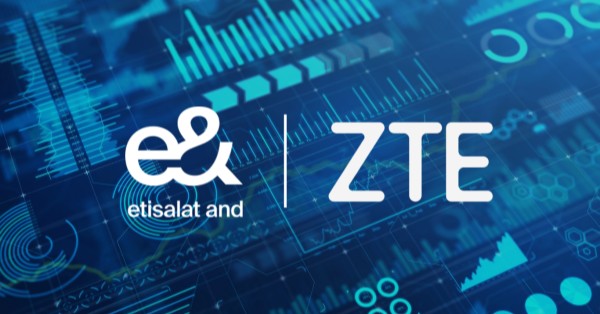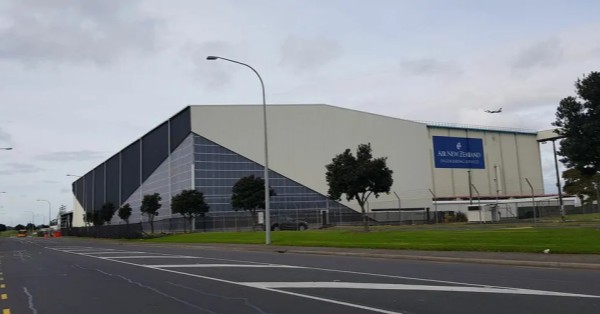Ericsson and Vodafone co-created the Service Continuity for private networks solution, a unique support service for 5G networks that can be tailored to the needs of Vodafone enterprise customers such as Foxconn, one of the world’s largest electronics manufacturers and technology solutions providers.
Foxconn relies on non-fixed 5G-based test cars, on which newly manufactured PCs are tested before packaging at their plant in Hungary. To ensure that the private network connecting these test cars is as reliable as possible, Vodafone and Ericsson have jointly developed and deployed the custom-built Service Continuity for private networks support and technical assistance for enterprises that ensures smooth network operations.
Ericsson’s private networks are replacing the traditional wired factory networks, offering enterprises such as Foxconn highly flexible, secure, and wireless connectivity that transforms the core business-critical operations. The intelligent, preemptive Service Continuity solution ensures flexibility and trouble-free operations once the network goes live. Network outages in manufacturing environments such as Foxconn can bring production to a halt, and the solution reduces the risk of costly downtime by proactively identifying and averting such risks.
Mátyás Dobó, Vodafone Business Director, says: “We are very conscious of the trust placed by Foxconn in Vodafone and have worked jointly with Ericsson to create this unique technical assistance offering for enterprises to ensure that the operation of their private networks is free of unplanned interruptions.”
Service Continuity for private networks, based on AI and ML, can preemptively sense if something might result in performance degradation. Then, Vodafone takes corrective actions with Ericsson’s centralized team to avert such an occurrence, ensuring uptimes that are better than in traditional telecom networks.
Nello Califano, Head of Strategy and Portfolio Management, Ericsson Business Area Networks, says: “We are constantly working with Vodafone to evolve the private networks space for enterprises, and this AI and ML-based support service is a testimony to that work. We are pleased to collaborate with Vodafone Hungary to ensure that enterprises like Foxconn can become wire-free in their operations, communication, and connectivity requirements. Added to this is the flexibility to change production setup without disruption, and to adapt to changing business needs.”
Additional information
The Service Continuity for private networks offering combines the power of big data analytics with Ericsson’s network expertise and global knowledge. Centralized Ericsson teams can execute or provide actionable recommendations developed from the company’s expertise and machine learning models, which align with Foxconn’s business priorities. This allows Foxconn to maintain optimal network performance without unplanned interruptions and avoid revenue loss through prediction, early detection, and prevention of potential incidents. The solution will also help reduce operations and maintenance workload and improve return on capital investments through greater utilization of installed equipment.




























